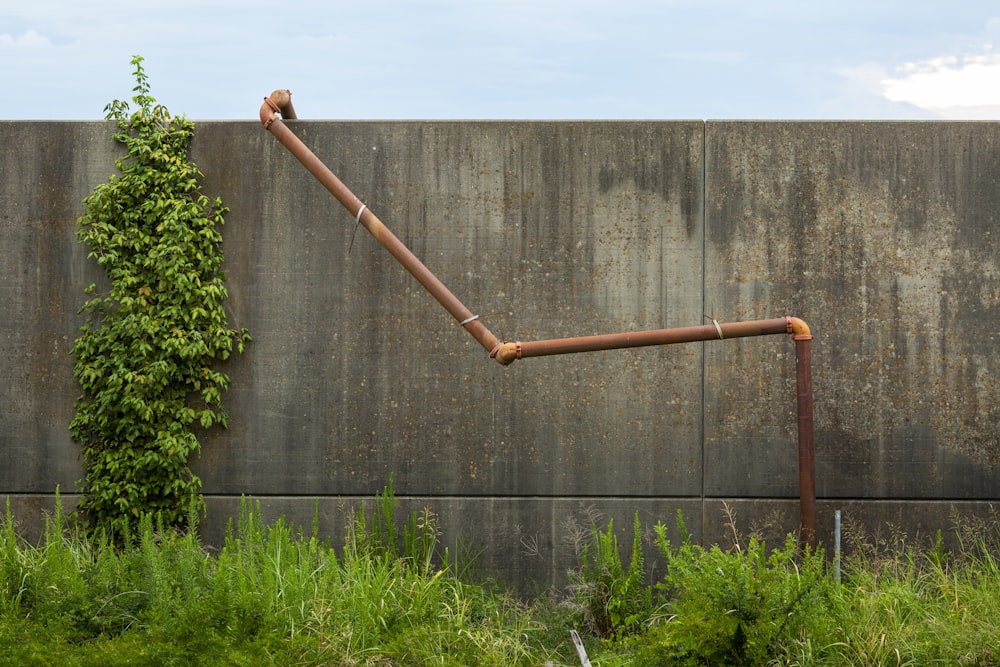Understanding Water Line Pipe Materials for Your Home
Investing in the right water line pipe for your home is crucial for ensuring a reliable and efficient plumbing system. With various materials available, it’s essential to understand their characteristics, advantages, and disadvantages to make an informed decision.
Exploring Different Types of Water Line Pipes
Copper, PVC, PEX, and galvanized steel are among the most common materials used for water line pipes. Each type has unique properties that affect its suitability for different applications and environments. Exploring these options will help you choose the best fit for your home.
Choosing the Right Water Line Pipe: A Homeowner’s Guide
When selecting a water line pipe, consider factors such as durability, corrosion resistance, flexibility, and cost. Copper pipes, known for their reliability and longevity, are ideal for both hot and cold water lines but come with a higher price tag. PVC pipes are affordable and easy to install, making them popular for cold water lines. On the other hand, PEX pipes offer flexibility and are resistant to corrosion, making them suitable for both hot and cold water lines. Galvanized steel pipes are durable but prone to rust and corrosion over time.
Essential Tips for Installing Water Line Pipes
Proper installation is essential for the performance and longevity of water line pipes. Ensure that pipes are securely fastened and properly insulated to prevent leaks and damage. Follow manufacturer guidelines and local building codes to ensure compliance and safety.
Decoding Water Line Pipe Materials: What You Need to Know
Copper pipes are known for their durability and resistance to corrosion, making them a popular choice for water supply lines. However, they can be expensive and may require soldering during installation. PVC pipes are lightweight, affordable, and easy to install, but they may become brittle over time, especially in cold climates. PEX pipes offer flexibility, making them easy to maneuver around obstacles, and are resistant to corrosion and freezing. Galvanized steel pipes are durable but may corrode over time, leading to reduced water flow and quality.
The Importance of Quality Water Line Pipes in Your Home
Investing in high-quality water line pipes is essential for ensuring a reliable and efficient plumbing system in your home. Inferior or outdated pipes can lead to leaks, water damage, and costly repairs. By choosing durable and corrosion-resistant materials, you can safeguard your home’s infrastructure and enjoy peace of mind knowing that your plumbing system is built to last.
Upgrade Your Home’s Water Line: Pipe Options Explained
Upgrading your home’s water line is a significant investment that can improve the overall functionality and reliability of your plumbing system. Consider factors such as material, cost, and compatibility with existing infrastructure when selecting a water line pipe for your home. Consulting with a professional plumber can help you make an informed decision based on your specific needs and budget.
Safeguarding Your Home with Durable Water Line Pipes
Water line pipes play a critical role in delivering clean and safe drinking water to your home.



:max_bytes(150000):strip_icc()/woman-fixing-sink-de54d945295a438c86072f78415c3e0e.jpg)